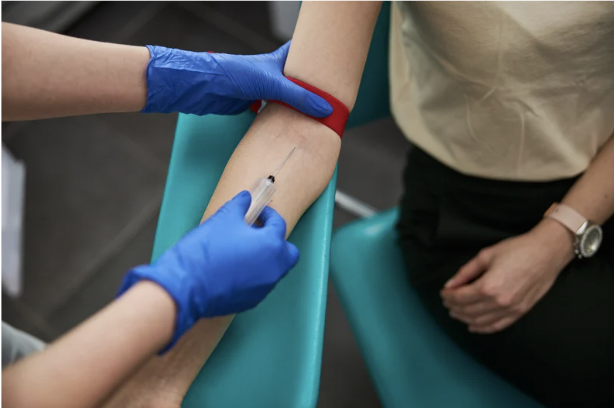Man Wears Giant Cardboard Circle
- In the markets of Rome, one enterprising man wore a huge circle of cardboard to enforce social distancing.
- Social distancing is an effective way to reduce viral transmission, and a physical barrier works even better.
- Let this hero inspire you to say no to things and enforce your social distance.
Not all heroes wear capes. Some wear huge circles of cardboard on suspenders.
A man in such an outfit has been seen in Rome, where the protective circle is a physical barrier method to enforce social distancing. Italy has experienced one of the highest concentrations of cases of COVID-19 coronavirus in the world so far, and the government has shut down all businesses and gathering places where customers can’t be guaranteed a full meter of buffer space.
While the original video is now private, The Independent says, “When the person filming the footage asks what the security measure is for, the man turns and replies matter-of-factly: ‘For coronavirus’.”
Indeed, in recommendations like those before last weekend’s L.A. marathon, there’s a subtext of how impossible social distancing seems in some situations. Thousands of people will line up for a race and stay six feet apart? Thousands of people will crowd, one empty meter at a time, into the packed marketplaces of Rome?
In a way, social distancing is a form of self regulation in the same vein as voluntary quarantine. Both are easy to fudge or altogether ignore when it’s convenient, and people around the world have been flying, dancing, and ignoring whatever they want—even when quarantine is the law in some instances. The Centers for Disease Control and Prevention (CDC) recommends at least six feet of social distance, including for populations where people are “vampire coughing” and otherwise limiting their expulsion of droplets.
A 2014 MIT study found that while we already understood the trajectory of the larger particles in an unprotected cough or sneeze, the smallest particles end up propelled through space for a huge distance—a dozen or even 200 times farther than scientists predicted. Even so, our Italian hero’s donut of physical virus barrier will protect him from the bulk of airborne particulate and, maybe more importantly, the risk of being touched by someone with unwashed hands.
But how safe is that cardboard barrier itself? A new study has found COVID-19 might survive for up to 24 hours on even a cardboard surface. So if the man carries the barrier into his home and sets it somewhere, he could still bring the virus inside. Hopefully he keeps the donut on his front porch, but the startling image of a guy wearing a huge physical spacer is still a real life public service announcement.
It’s more important than ever for people to be assertive and protective about their space and the idea of social distancing, and that will include having to turn down invitations, stand up to peer pressure, and try to reason with those who insist precaution is “going too far.” Indeed, on the cusp of Pi Day (March 14), our hero has made himself into the scoop of ice cream on a cardboard role-modeling pie.
So when someone asks if you can still come have birthday drinks at a crowded bar, remember this man and just say no. And when you do have to run required errands or continue to go into the office, imagine having a cardboard barrier of your own as you decide where to walk and sit. These simple things could make a world of difference.





